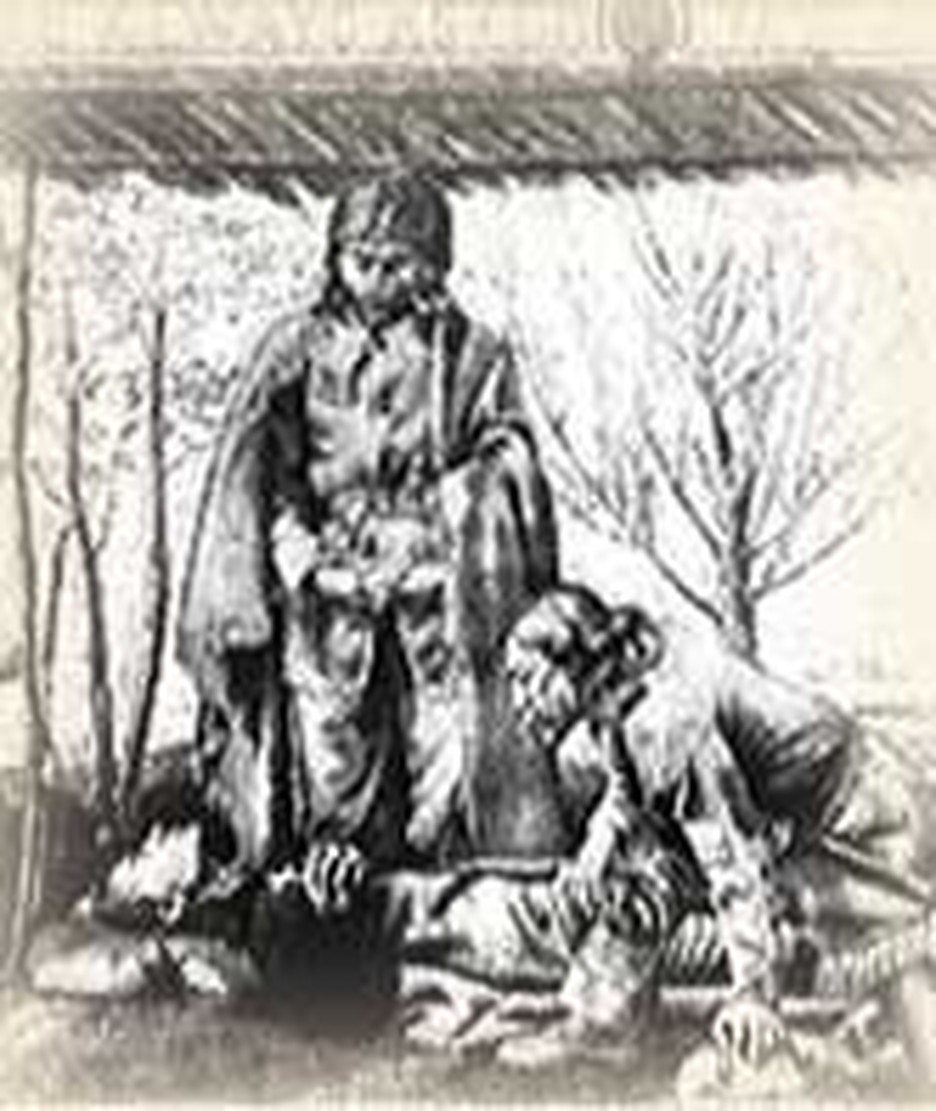
How often has the work of Christ been done by men and women who were unwell. Father Jacques Marquette is typical of a host of Christians who labored for their master even when their health had failed. This roster of fame includes such names as Charles Wesley, Mother Teresa, David Brainard, John Wycliffe and many, many more.
Born in Laon, France, Jacques Marquette was thoughtful and gentle as a child. From an early age he determined to become a missionary. At seventeen he became a Jesuit novice. After studying and teaching for many years, he was granted his heart's desire in 1666 when his superiors allowed him to transfer to Quebec. He was then 29 years old.
Working in the area of Three Rivers, he quickly mastered Algonquin, a language widely understood among the Indians. Thereafter he managed mission posts along the Great Lakes. Threats by the fierce Sioux drove him to found a Mission of St. Ignaz on the straits between Lakes Huron and Superior, a few miles off the shore of Upper Michigan.
In 1672 Joliet was sent to seek a great river rumored to flow through the interior of North America. Marquette was authorized to join the explorer. With a small party of Frenchmen and little to eat but ground corn, the two crossed Wisconsin in 1673 and followed waterways down to the mighty Mississippi. Along the great water road they traveled, as far as the Arkansas River. By then it was apparent that the Mississippi did not pour its flood into the Pacific but rather into the Gulf of Mexico. The explorers turned around.
On the return trip, Jolliet's log was lost. Marquette's personal journal thus became the principle record of the expedition, and of great importance to historians. The exertions of the voyage produced serious illness in Father Marquette. Nonetheless, he determined to preach Christ among the peaceable Illinois Indians whose language he had learned. He allowed himself a short recuperation and, feeling better, embarked for Illinois in October 1674.
Upon his arrival, he found himself too sick to do much work. He was able to preach the Easter sermon in 1675, and then, when it was clear to all that he was dying, he bade his men bring him back to St. Ignaz. He never reached the mission he had founded. His severe suffering forced the party to put in at the river now named after him near what is now Ludington, Michigan. There he died on this day, May 18, 1675.
Of all the Jesuit missionaries who labored in America, his name is among the best-known because of his humble and pure character and his great contribution to opening up the heartland of America. Millions of tourists have visited Mackinac Island where he built his main station.
Bibliography:
- Bowden, Henry. "Marquette, Jacques." Dictionary of American Religious Biography. Westport, Connecticutt: Greenwood Press, c1977.
- Marquette, Jacques. Voyages. Ann Arbor: University Microfilms, Inc., 1966.
- "Marquette, Jacques." Dictionary of American Biography. New York : Scribner, 1958 - 1964.
- Spalding, Henry S. "Marquette, Jacques." The Catholic Encyclopedia. New York: Robert Appleton, 1914. Thwaites, Reuben G. Father Marquette. New York, New York: Robert Appleton, 1902. Source of the image.
Last updated April, 2007.


